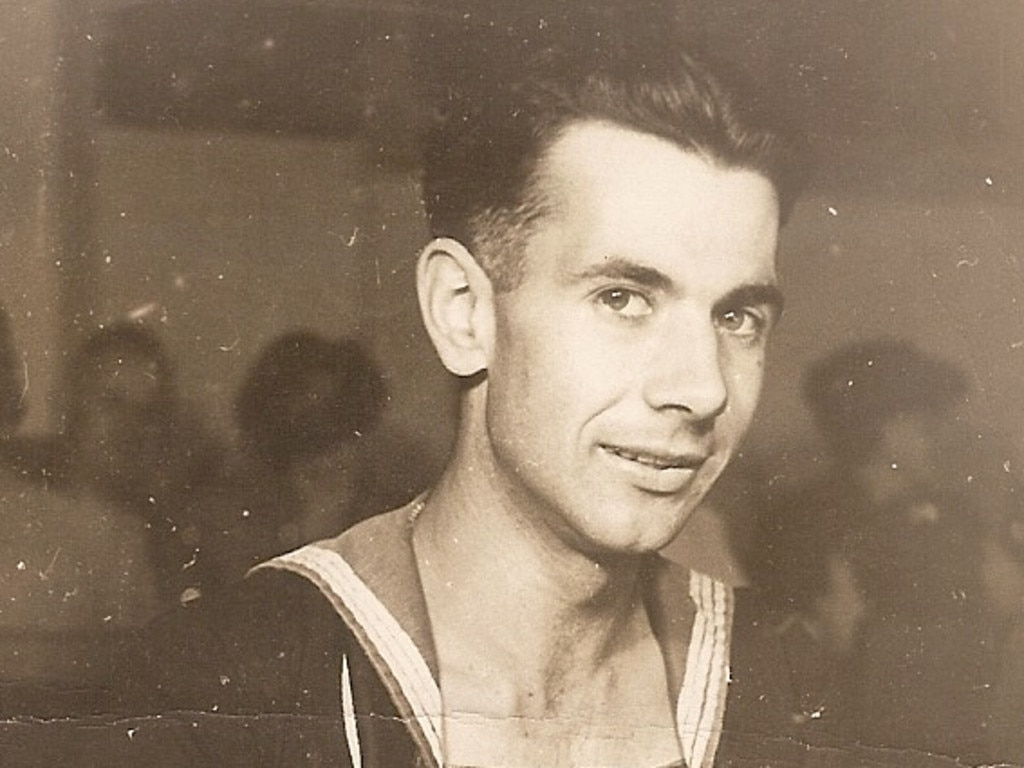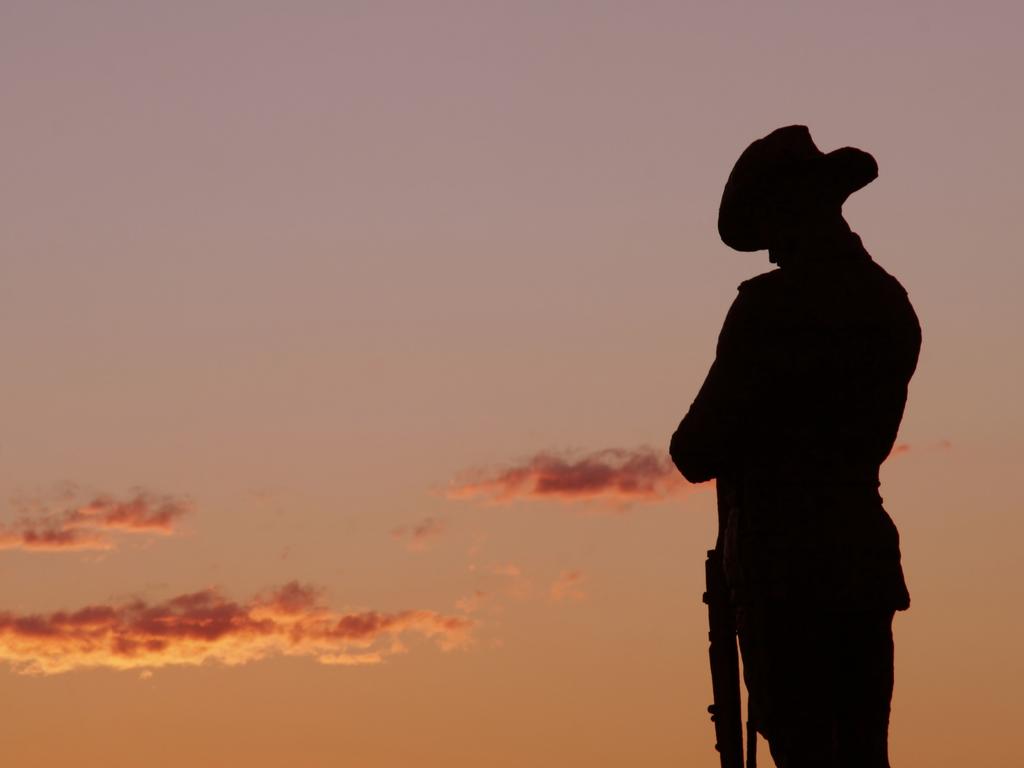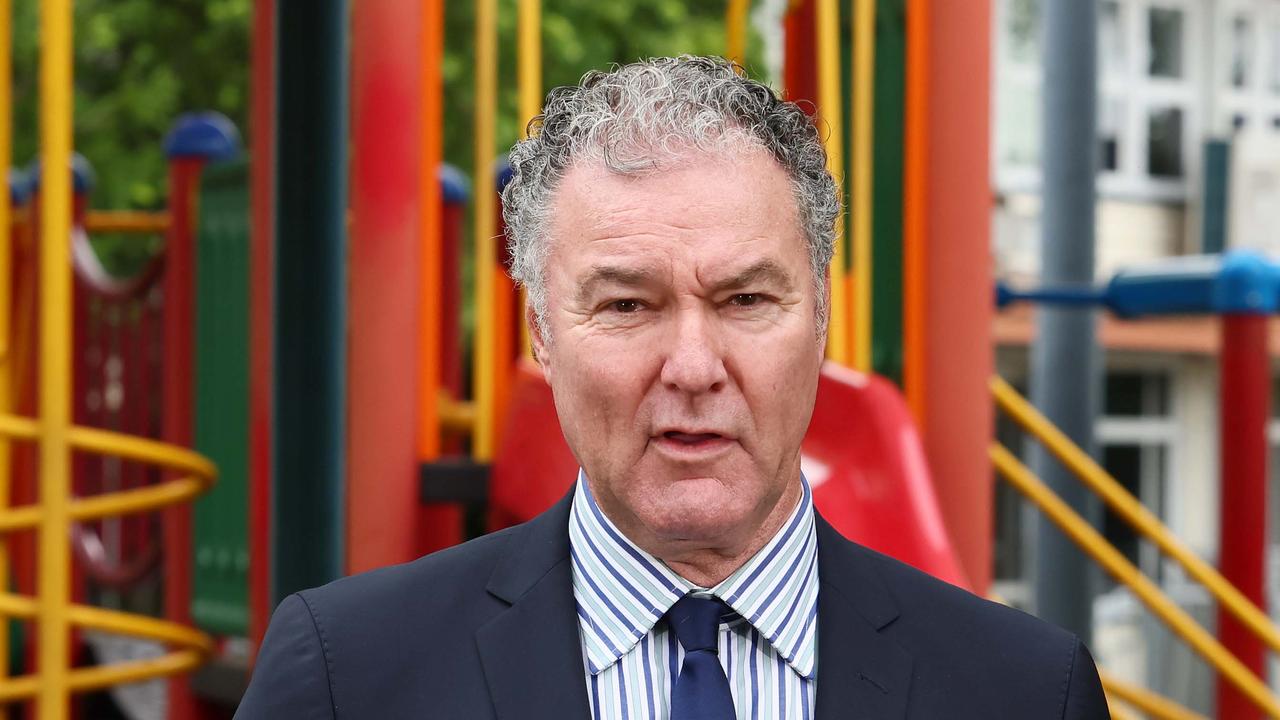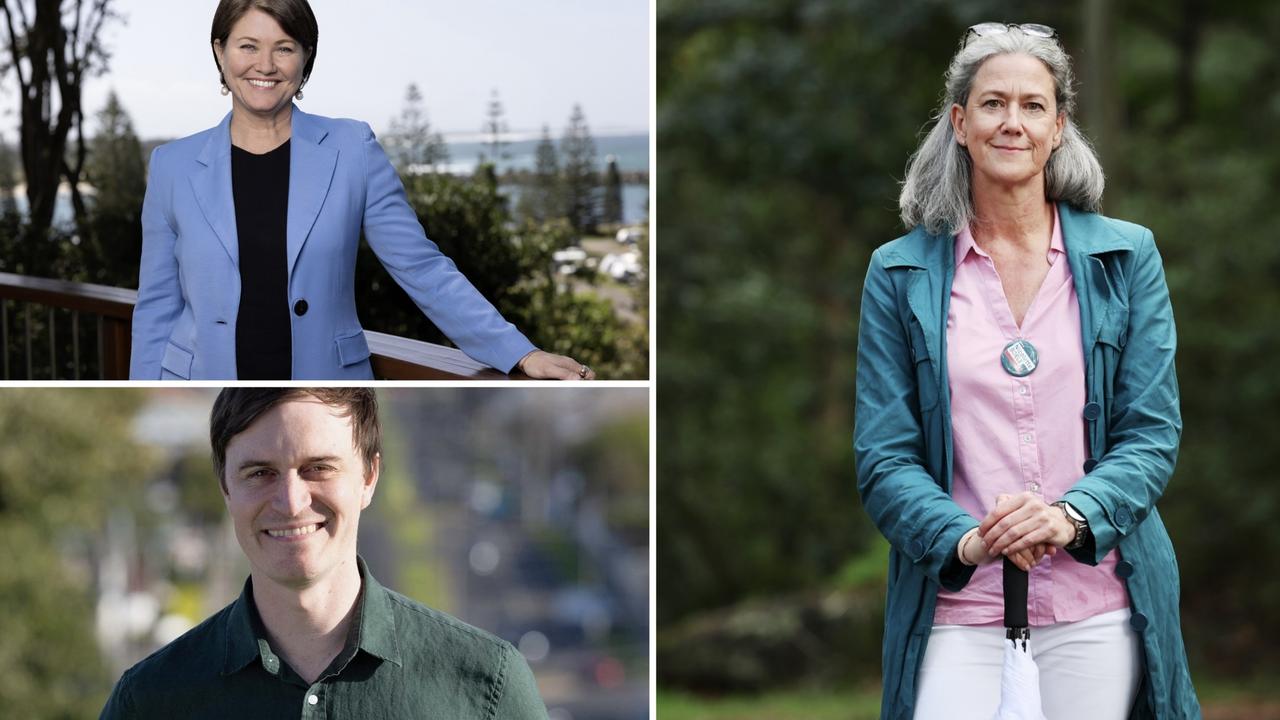Anzac Day minute’s silence: What it means to Australians and what goes through our minds
We all will observe the minute’s silence on Friday in our own special way, so have asked our key columnists, senior writers, editors, and now readers, to share where their minds go during that sacred sixty seconds.

QLD News
Don't miss out on the headlines from QLD News. Followed categories will be added to My News.
Anzac Day unites us as a nation – but it does so for uniquely personal reasons.
Every single one of us will observe the minute’s silence on Friday in our own special way.
Inspired by this unique truth, we asked our key columnists, senior writers and editors to share with us where their minds go when the Last Post finishes and that sacred silence descends.
We invite you to share where your own thoughts go in the comments below.
For me, my thoughts turn to my grandfather who served as a wireless operator in Bomber Command in the Second World War and to my grandfather who was a prisoner of war in Malaya.
I remember their sacrifice: both the terrors grandad endured flying 30 operations over Nazi-occupied Europe, and the horrifying torture my great-grandfather – by then in his 40s – suffered through.

I also remember – with awe – the sacrifice made by my great grandmother.
She was at home in Townsville with a toddler while her husband was a prisoner of the Japanese, her eldest son was flying bombing raids on board a Lancaster, and her middle son was serving in the Army in the Pacific.
The fear she must have lived with – for years – whenever anyone knocked on the door that it was a telegram with bad news. Simply unimaginable.
Miraculously, all three returned home – 80 years ago this year.
They were all no doubt changed forever, but they were safe.
Reunited, they all went out fishing.
Read our columnists views below and let us know in the comments what you think of.
MIKE O’CONNOR
My thoughts will drift to a photograph of my father smiling self-consciously at the camera in his newly issued army uniform.
He’s standing at the front gate of his parents’ home in Paddington, blithely unaware of the terror that awaits.
He is to find out soon enough at Milne Bay in New Guinea where over 10 days in August 1942 he and his comrades repulsed the invading Japanese in a vicious, bloody battle in which no quarter was given.
“I remember one night as we went forward the word came down the line to take no prisoners,” he said … “And we didn’t.”

“Milne Bay”, he would say in his later years on those rare occasions he would speak of the war, “was a bastard of a place.”
He came home, met and married the love of his life and raised our family, tormented for years with nightmares of the horrors he had seen.
As the notes of the Last Post fade, I’ll offer a silent prayer of thanks to all his mates who came home and for the many who didn’t.
MADONNA KING
Dad died on Anzac Day 41 years ago, leaving Mum with immeasurable grief and a tribe of children. And that’s who I’ll remember tomorrow.
Perhaps that’s wrong. After all, tomorrow marks the anniversary of the first major military action fought by Australian and NZ forces during WW1 and is supposed to be a reminder of service and sacrifice, gallantry and grit, and the power of those who protected us.
But those were the things that Dad, who died at just 56, showed too. So perhaps, four decades after he was laid to rest in Dalby, it’s not so bad to silently reach into history and try hard to keep alive those fuzzy memories of a very different time.
Cricket in the backyard. Timed showers in a small home. Hours of driving each Christmas, seven packed into a car (and arguing), to see the ocean. Riding up the front of the train where Dad – the driver – would allow us to blast the horn.

It’s impossible to imagine what any of those special people we’ve lost, at war or at home, would make of a life now, ruled by smart devices they could never have conceived.
But that shouldn’t stop us putting them down for a day, and remembering the contribution made by those special people in our lives, who have fought for their families, their communities and their country.
Let us know in the comments what it means to you
KYLIE LANG
I haven’t been to Gallipoli but I have been to the killing fields of Belgium and France.
It was 2016 – 100 years after the Battle of the Somme which left more than 1 million men dead or wounded – and seeing headstones inscribed with the names of 14-year-old boys will forever haunt me.
Dead children. So far from home.
The Australian connection in the north of France is particularly fierce. In the town of Pozières where Diggers fought and died, Aussie flags hang in shop windows. They’re also on restaurant signs and, remarkably, in the gardens of private homes.

The French have not forgotten, and neither must we.
The hardship our soldiers endured – too many of them making the ultimate sacrifice – is a reminder to be grateful for the life we have, and to keep problems in perspective.
MICHAEL MADIGAN
A man named Ken Primmer opened my eyes to the importance of Anzac Day.
It was nearly a quarter of a century ago at a family gathering and Ken, my sister’s father-in-law, opened up about his experiences in the Battle of Leyte Gulf towards the end of the war.
He was a radio operator and saw the carnage first hand.

Ken, confined to a wheelchair because of war injuries, always attended Anzac Day marches purely to honour men who fought in that battle and never came back.
Let us know in the comments what it means to you
DES HOUGHTON
Anzac Day was and still is something of a paradox for me.
I remember being taught at school that it was the proudest day in our history and how it forged our national identity. How could that be, I wondered, when militarily it seemed an ignominious defeat with 8700 brave young men dying in the Gallipoli hellfire?
The dead included the commander of the Australians, General Bridges, shot by a sniper, and the grandson of Peter Lalor, the hero of the miners’ strike at the Eureka Stockade. Perhaps Australians have always known that some things are worth fighting for regardless of whether you win or lose.
That is why Anzac Day is such a solemn occasion and why we cheer the old diggers who wear their medals and hats with such pride.
PETA CREDLIN
For so many Anzac Dawns, I have stood in reverent silence on the parade ground at the Australian War Memorial in Canberra.
Despite a crowd in the tens of thousands, all you hear are the slight shuffles of feet on the crushed rock and the haunting sound of the bugle.
It’s one of the great privileges of my life that working in politics has meant this day is spent with those who have put our country before themselves.
But those magnificent crisp Canberra mornings pale into insignificance with the dawn service at Gallipoli, on the morning of the 100th anniversary of the landing of our men, when I stood in the half-light and first truly grasped the enormity of what they faced scaling those cliffs under fire.
It’s one thing to read about it, it’s another thing to stand there physically.
En route to this event, I asked the then War Memorial boss (my old boss in politics too) Dr Brendan Nelson if he could tell me a little about my great-grandfather who family folklore had put in the Great War. Did he go to Gallipoli? I never knew and what he was able to tell staggered me.

He was not at Gallipoli, his war-record reported; instead, late to the war, and young, under-age actually, on his enlistment papers was a note in my great-great grandfather’s spidery hand (the first time I had ever seen his writing) ‘I have to let him go, all of his brothers are already there.’ I never knew that, and all I could think about was my poor great-great grandmother, with her six sons at war waiting for a telegram to report the worst.
My family was one of many that saw service on the Western Front and if Gallipoli is our greatest defeat, the Western Front is the story of some of our greatest successes.
It’s why I made a pilgrimage there last year and walked the fields of the Somme and Flanders.
It brings you to tears to comprehend the loss and waste.
Of how thousands of men fell, quite literally, to gain just a couple of hundred metres of ground.
The headstones tell of a more stoic, god-fearing time but it’s the ages of the men (the boys even) that stay with you.

I understood why so many came home and threw themselves into building the Australia we have today because the desolation and destruction of war can either break you or push you to live your best life.
It’s much the same story with my grandpa, in another generation’s war, wounded in the jungles of New Guinea who came home to raise a big family and to hardly ever speak of what he saw, but on Anzac Day it was written on his face as clear as words on a page.
When we debate what sort of country we want to be and where we are headed, as we do in election campaigns, I think of these men (and women too) and the debt we owe them.
When we fail to do right by them, our country is the poorer, and our future less secure.
Most of all, as the trumpet laments on Anzac Day, all of this plays through my mind, and I think of those Australians, the likes of which we may never see again.
I hope that we have not lost their spirit and that, if we needed to, we would rise, as they rose, to defend freedom.
But often, I fear that we are not what they were. And every Anzac Day, I pray to god, I am wrong.
Originally published as Anzac Day minute’s silence: What it means to Australians and what goes through our minds



